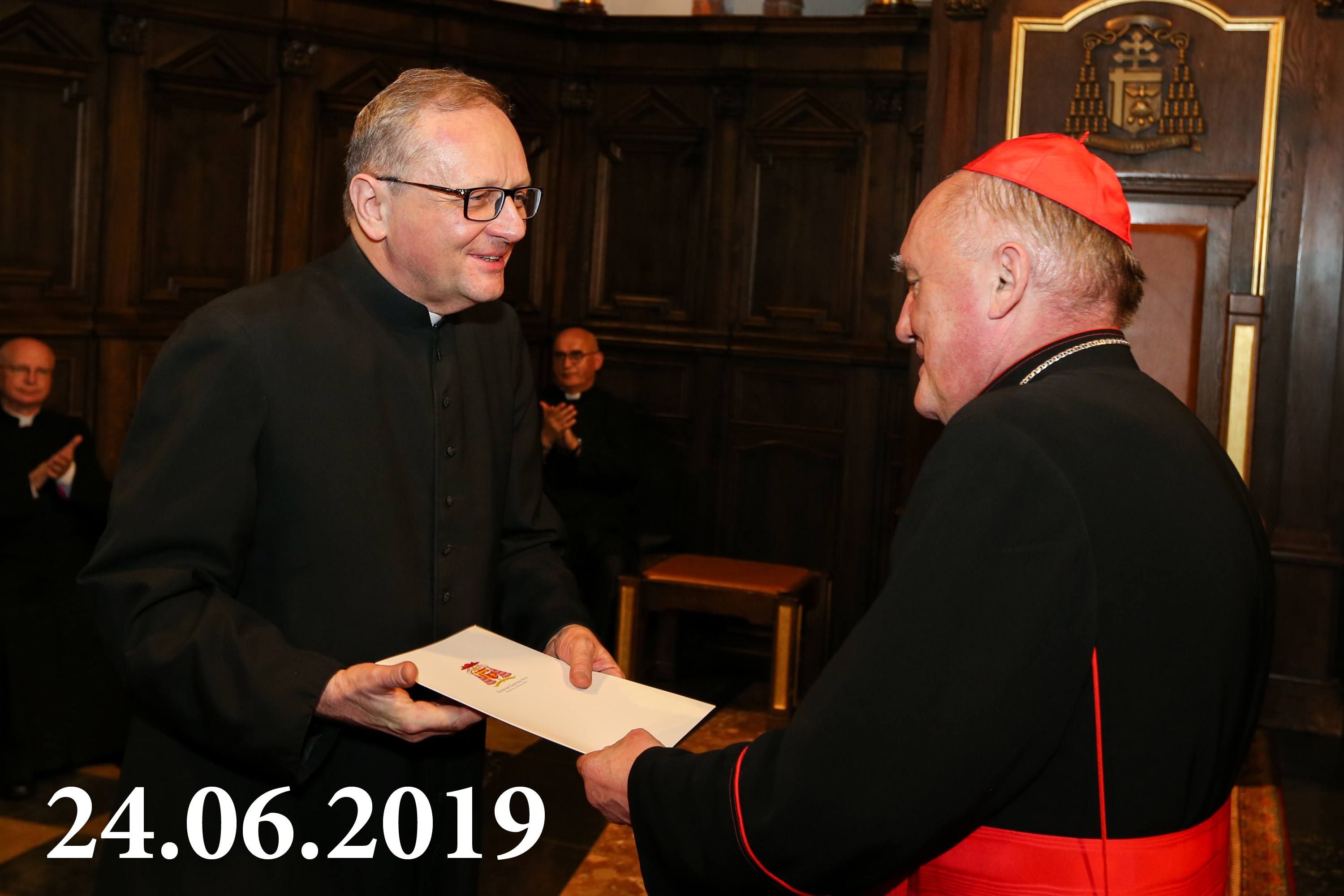The spiritual language compared with that of theologians
Reginald Garrigou-Lagrange OP: At first glance, the vocabulary of great spiritual writers seems to a number of exclusively scholastic theologians too metaphorical and also exaggerated, either in what relates to the abnegation necessary for perfection or in regard to the separation from the sensible and from reasoning or discourse in contemplation. For this reason, certain great mystics, such as Tauler and Ruysbroeck, seemed suspect; and, for the same reason, after the death of St. John of the Cross, some theologians felt they should correct his works and cover them over, as it were, with scholastic whitewash in order the better to explain their meaning and remove all exaggeration. Thus talent sometimes wishes to correct genius, as if the eaglet wished to teach the eagle to fly. It was then necessary to defend the mystics against their enemies and their injudicious friends. With this purpose Louis Blasius wrote a defense of Tauler, and Father Nicholas of Jesus Mary composed his book, Elucidatio phrasium mysticorum operum Joannis a Cruce.
An example of the difference between the language of spiritual writers and that of theologians may be illustrated by the meaning they give to the word “nature”. The speculative meaning of this word is abstract and has nothing unfavorable about it; its ascetical meaning is concrete and recalls original sin. (Rev. R. Garrigou-Lagrange, The three ages of the interior life, Volume Two, TAN Books and Publishers, Inc.; Rockford, Illinois 1989; p.6-7.)
Each of these two terminologies has its merits. For the theologian’s study, his more abstract and precise language, which is limited to essential terms, is preferable. But to lead souls effectively to generous abnegation and union with God, the terminology of the mystics is more appropriate because it is more vivid, more alluring, and also more brief, and, in a concrete manner, more comprehensive. These qualities spring from the fact that it expresses not only abstract concepts, but concepts that have been lived, and an ardent love of God; consequently it avoids many circumlocutions and speculative distinctions which would arrest the impulse of the love of God. (Ibid. p.16).
Yves Congar OP: Spiritual authors have their own language. They happen to express themselves in the manner which can be judged as incorrect if we understand their wording as theological terms. (Langage des spirituels et langage de théologiens, [in:] La mystique rhénane, Paris 1963, p.17.) Where does the rift between the language of spiritual authors and theologians come from? Certainly, from the nature and the determinants of what both the former as well as the latter want to convey. Theologians strive after explaining the very nature of things, whereas spiritual authors express: 1° experience along with the experience of transcendental reality; 2° spiritual attitude (ibid., p. 18.).
Theologians say: the nature is good, we should love our parents… Spiritual authors: nature is not good, we should abandon our parents… These are two levels of the truth which refer to the different points of view: the theoretical and the practical or the ascetic one (ibid., p. 23.).




